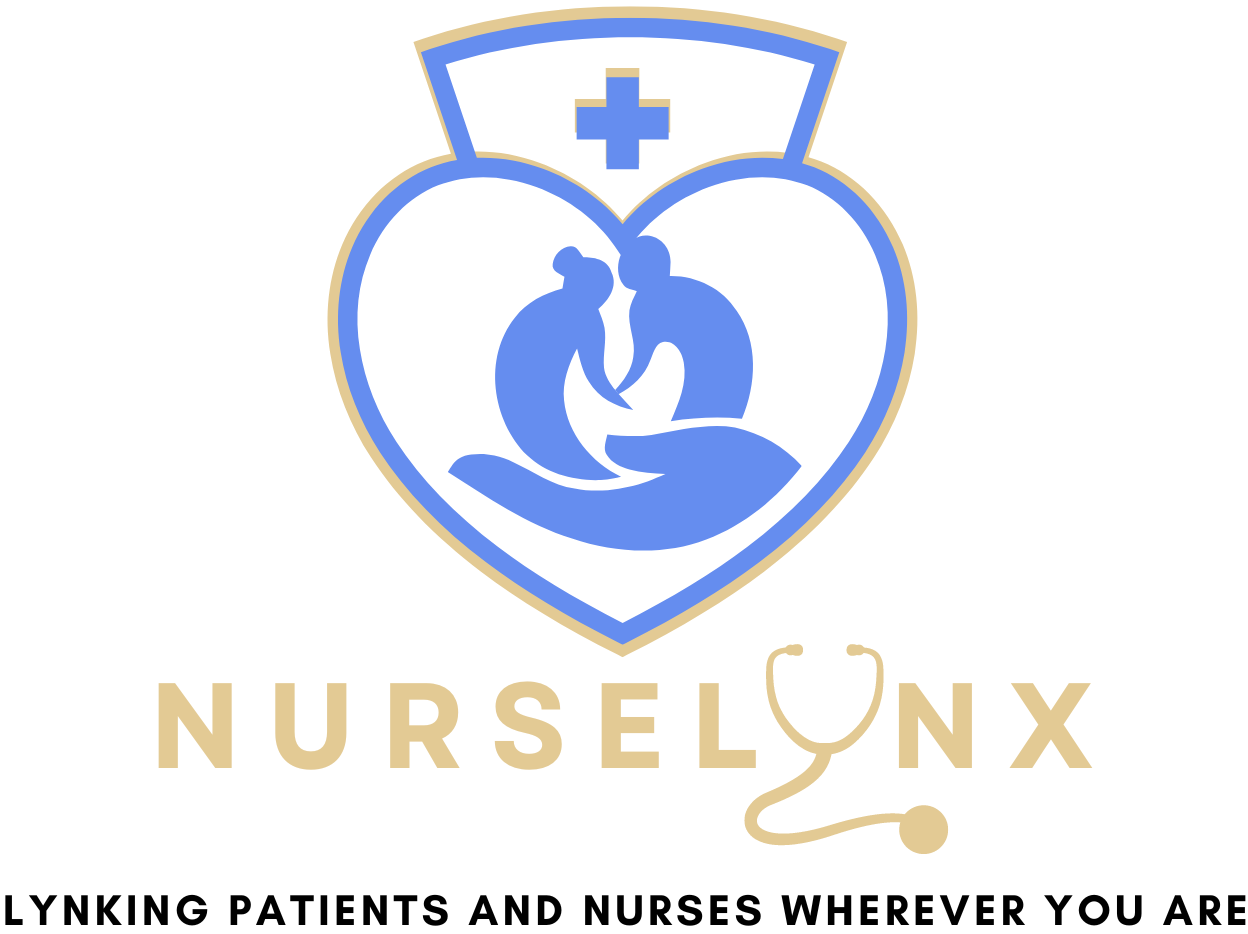When it comes to home care services, understanding the differences between personal care and advanced personal care is essential. Each type of care offers unique benefits tailored to specific needs. This blog will help you navigate these options to make an informed decision for your loved one.
What is Personal Care?
Personal care services provide assistance with everyday activities, ensuring that individuals maintain their hygiene and personal appearance. These services are crucial for seniors or individuals with disabilities who need help with basic daily tasks.
Key Services in Personal Care
Bathing and Grooming
- Assistance with bathing, showering, and personal hygiene to ensure cleanliness and prevent infections.
Dressing
- Help with selecting appropriate clothing and getting dressed.
Mobility Assistance
- Support with moving around the house, including transfers from bed to wheelchair.
Toileting
- Assistance with using the toilet and maintaining continence.
Feeding
- Helping individuals eat if they have difficulty feeding themselves.
Benefits of Personal Care
Personal care services provide numerous benefits, enhancing the quality of life for those who need assistance with daily activities.
Maintaining Dignity
By assisting with personal hygiene and grooming, personal care helps maintain the individual’s dignity and self-esteem.
Preventing Health Issues
Regular bathing and hygiene practices prevent infections and other health issues.
Improving Safety
Mobility assistance reduces the risk of falls and injuries, ensuring a safer living environment.
Promoting Independence
With the right support, individuals can perform daily activities more independently.
What is Advanced Personal Care?
Advanced personal care goes a step further, providing more specialized services for individuals with complex medical needs. This type of care is suitable for those who require additional support beyond basic daily activities.
Key Services in Advanced Personal Care
Medication Management
- Assistance with managing and administering medications.
Wound Care
- Providing care for wounds, including cleaning, dressing, and monitoring for signs of infection.
Injections
- Administering injections and other medical treatments as prescribed by healthcare providers.
Catheter Care
- Managing catheters and ensuring they are clean and functioning correctly.
Oxygen Therapy
- Assisting with the setup and maintenance of oxygen equipment.
Benefits of Advanced Personal Care
Advanced personal care offers significant benefits for individuals with more complex needs, ensuring they receive comprehensive and professional support.
Medical Supervision
Having trained caregivers administer medications and perform medical tasks ensures proper care and adherence to treatment plans.
Enhanced Comfort
Providing advanced care services at home enhances comfort and convenience for the individual.
Improved Health Outcomes
Professional wound care and other medical services help prevent complications and promote healing.
Peace of Mind
Knowing that a loved one is receiving professional care reduces stress and anxiety for family members.
Comparing Personal Care vs. Advanced Personal Care
Understanding the differences between personal care and advanced personal care is crucial when choosing the right service.
Level of Care
Personal care focuses on basic daily activities, while advanced personal care addresses more complex medical needs.
Caregiver Expertise
Advanced personal care requires caregivers with specialized training and skills to perform medical tasks.
Cost
Due to the specialized nature of advanced personal care, it may be more expensive than basic personal care services.
Individual Needs
The choice between personal care and advanced personal care depends on the individual’s specific needs and medical conditions.
Choosing the Right Care for Your Loved One
When deciding between personal care and advanced personal care, consider the following factors:
Health Conditions
Evaluate the individual’s health conditions and medical needs to determine the level of care required.
Caregiver Qualifications
Ensure that the caregivers have the necessary qualifications and experience to provide the required level of care.
Budget
Consider your budget and explore potential funding options, such as insurance or financial assistance programs.
Personal Preferences
Take into account the individual’s preferences and comfort level with different types of care.
Conclusion
Understanding the differences between personal care and advanced personal care is essential for making the right choice for your loved one. Both types of care offer valuable services tailored to specific needs, ensuring that individuals receive the support they need to lead a comfortable and fulfilling life. For more information on personal and advanced personal care services, visit Nurse Lynx Home Care & Staffing Services.
Explore our Google business profile to learn more about our services and read customer reviews.



